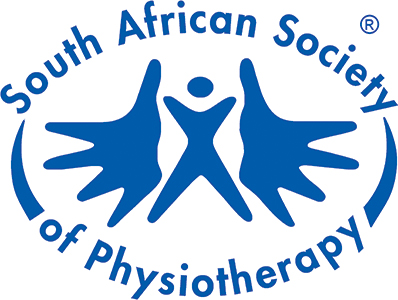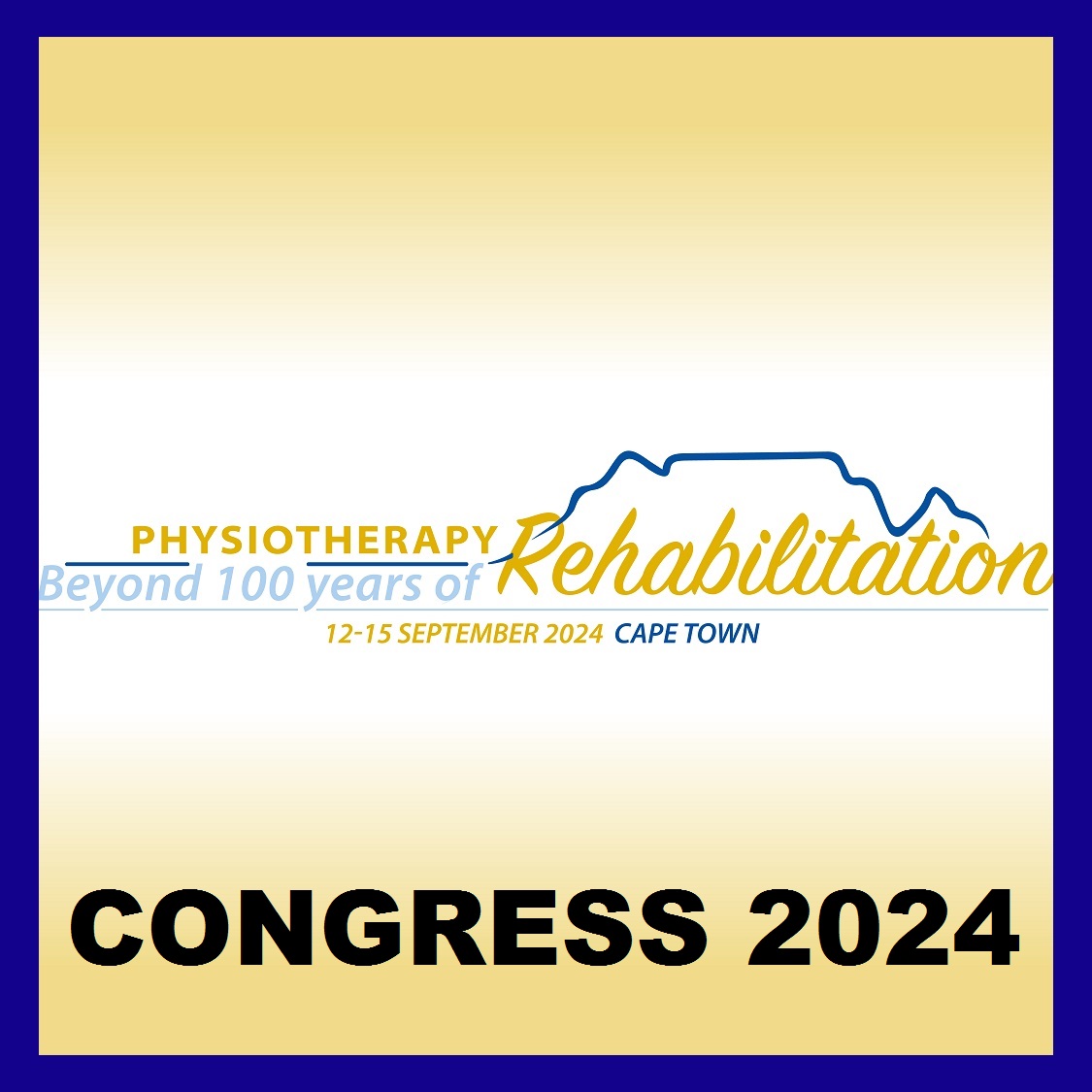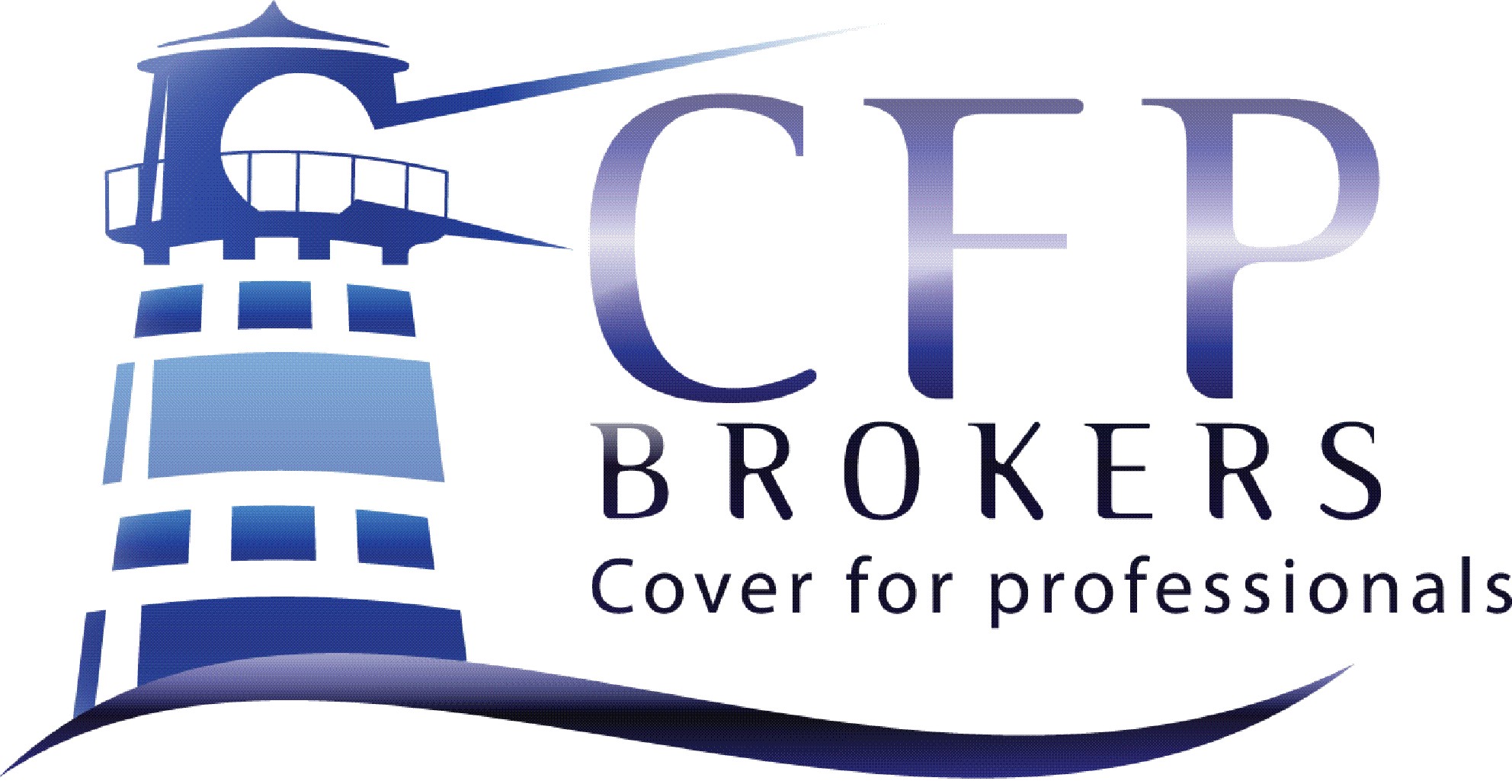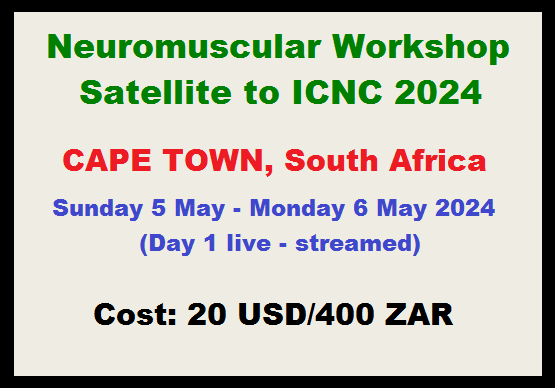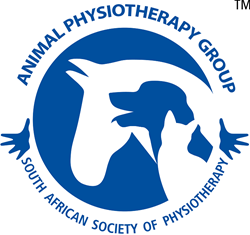
Introduction
Physiotherapy is involved with restoring and maintaining optimal physical function. Physiotherapists have the knowledge and skill to critically assess dysfunction in a patient and apply advanced clinical reasoning in order to plan the most effective treatment. Physiotherapists use evidence based treatment modalities and techniques and continually assess the outcomes so that optimal function in the patient may be restored. Physiotherapists focus on the involvement and education of the patient in the rehabilitation process. This instills a sense of self motivation and awareness in the patient for better long term management of the condition. In terms of the animal patient, the owner/trainer/handler is educated and involved in the process of rehabilitating the patient. This may take the form of exercise programs, stretching routines, posture awareness, advice on fitness and suitability of sporting equipment.
What is animal Physiotherapy?
Animal Physiotherapy is a field of Physiotherapy. Physiotherapy is a four year honours degree obtained from a recognized university. Practicing physiotherapists, whether treating humans, animals or both, are required to register with the Health Professions Council of South Africa (HPCSA). The terms Physiotherapy, physical therapy and physio are protected professional titles and are reserved for those who hold the above qualification.
The field of animal Physiotherapy is rapidly advancing worldwide. Australia, the United Kingdom and the United States are involved in ongoing research and development in animal Physiotherapy. South Africa was one of the first countries to establish an official special interest group of qualified physiotherapists who were interested in treating animals. This group, the Animal Physiotherapy Group of South Africa (APGSA), is run under the auspices of the South African Society of Physiotherapy (SASP) and all its members hold a recognised degree in Physiotherapy. For the past 12 years members of the APGSA (formerly known as SAAPAT) have been involved in treating animal patients under veterinary referral using physiotherapeutic techniques and modalities. Over the years various members have traveled overseas to attend conferences, courses, seminars and to obtain further qualifications specifically in animal Physiotherapy. Locally we hold an annual conference for physiotherapists interested in the field of animal Physiotherapy.
A wide range of animal patients are treated by physiotherapists, the most common being sporting horses and dogs. Physiotherapists belonging to the APGSA have been involved in treating cheetah, lions, snakes, birds, camels, zebra and even elephants. Animals, being living, moving creatures, are also subject to injuries and illnesses that benefit from the skilled hands of a physiotherapist. Some examples of conditions that are treated in animals include; back pain, tendon, ligament and muscular injuries, nerve injuries, poor performance in equestrian and canine sports, respiratory conditions, prolapsed spinal discs, orthopaedic post-operative rehabilitation, neurological rehabilitation following traumatic injury and list goes on. Essentially physiotherapists are professionals with the expertise to assess and treat neuro-musculo-skeletal conditions. Treatments that may be used include; ultrasound, laser, light therapy, electrical muscular stimulation, faradic stimulation, interferential therapy, TENS, cryotherapy, massage, myofascial release techniques, mobilization of joints, hydrotherapy, stretching, re-education of movement, proprioceptive re-education and therapeutic taping.
The APGSA is a very active special interest group. We hold an annual conference for physiotherapists where we have diverse range of lectures and presentations. In the past we have enjoyed lectures by veterinary specialists, physiotherapists, farriers, equine dentists, nutritionists, dog trainers, natural horsemanship practitioners, racing trainers and animal behaviorists. We have had some world class international speakers too such as Narelle Stubbs (team physiotherapist for the Australian Olympic equestrian team and lecturer for the Australian masters in animal Physiotherapy program) from Australia. The conference is always a wonderful introduction to animal Physiotherapy for those who want to find out more about this exciting field of Physiotherapy. It is a great way to interact with like-minded physio colleagues and gain some insight into getting involved. There is always interesting practical hands on time so that you can get a ‘feel’ for what it is all about. We also have a bi-annual newsletter for our members and various provinces organize their own journal club gatherings.
Special interest groups of qualified physiotherapists treating animals from at least 10 countries worldwide are on the brink of forming an international animal Physiotherapy group that will set the standard for evidence based practice in animal Physiotherapy. This will be formed under the umbrella of the WCPT (World Confederation of Physical Therapy), the international parent body for Physiotherapy worldwide.
